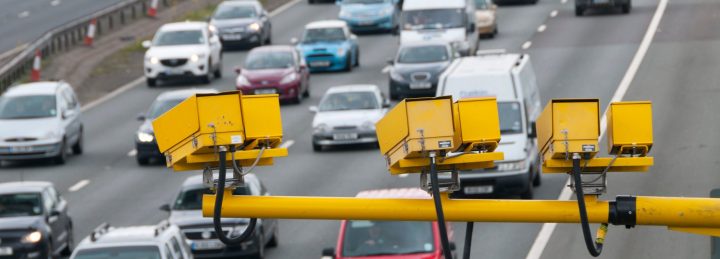More than half of motorists are against a new proposal to make electric vehicle drivers pay six pence per mile to counter a tax shortfall compared to petrol and diesel cars.
July’s Startline Used Car Tracker shows 55% believe such a move would not be fair while 40% say that EV tax should be kept low by the government in order to encourage take-up. Also, 22% don’t like the idea of road pricing for any vehicle.
The six pence-per-mile rate proposal was part of a document created last month by the Resolution Foundation think tank on the future of road pricing, which addressed an expected £10 billion shortfall in fuel and road tax receipts by 2030 caused by car electrification.
Paul Burgess, CEO at Startline Motor Finance, said, “It looks like there are really two key messages here from those who took part in our research. One is that people think EV taxation should be kept low in order to encourage more people into electric cars, and the second is that road pricing is not the preferred method to recoup lost tax.
“However, it also looks as though there is quite a lot of resistance to the idea of road pricing in general, which could give politicians and other bodies with an interest in how cars are taxed something to mull over. It has long been widely assumed that the UK will move over time to a pence-per-mile model for tax but it may be something that voters just don’t like.”
Paul went on to say that just 10% of people in the Startline Used Car Tracker research agreed that EV drivers should pay the same as petrol and diesel and just 9% that the six pence per mile figure is the right way for Government to make up the tax shortfall.
“These are very low percentages and underline the extreme lack of enthusiasm for the Resolution Foundation’s ideas. It could be that legislators need to go back to the drawing board and identify new ways of taxing EVs that have more voter appeal.”
After yesterday’s interest rate rise by the Bank of England, motor retailers said it will slow sales of new evs but good news for used evs.
Sue Robinson, Chief Executive of the National Franchised Dealers Association, which represents car and commercial retailers across the UK, said, “Interest rates have once again risen in a bid from the Bank of England to curb inflation and stabilise the economy.
“Whilst this may have a broader impact on consumer confidence, and personal finances by encouraging saving, purchasing vehicles and the freedom of transport will be a necessity for many. Therefore, franchised dealers will continue to offer the best price points and payment schemes to support motorist’s shifting spending budgets.
“As new electric vehicles still remain at a price premium in the market, there is a chance demand will dampen as the cost of borrowing increases. Electric Vehicle Approved (EVA) retailers will continue to promote the message that used EVs remain as viable alternatives to new EVs and helping subvert common misconceptions such as battery degradation, and anxieties around range.”


